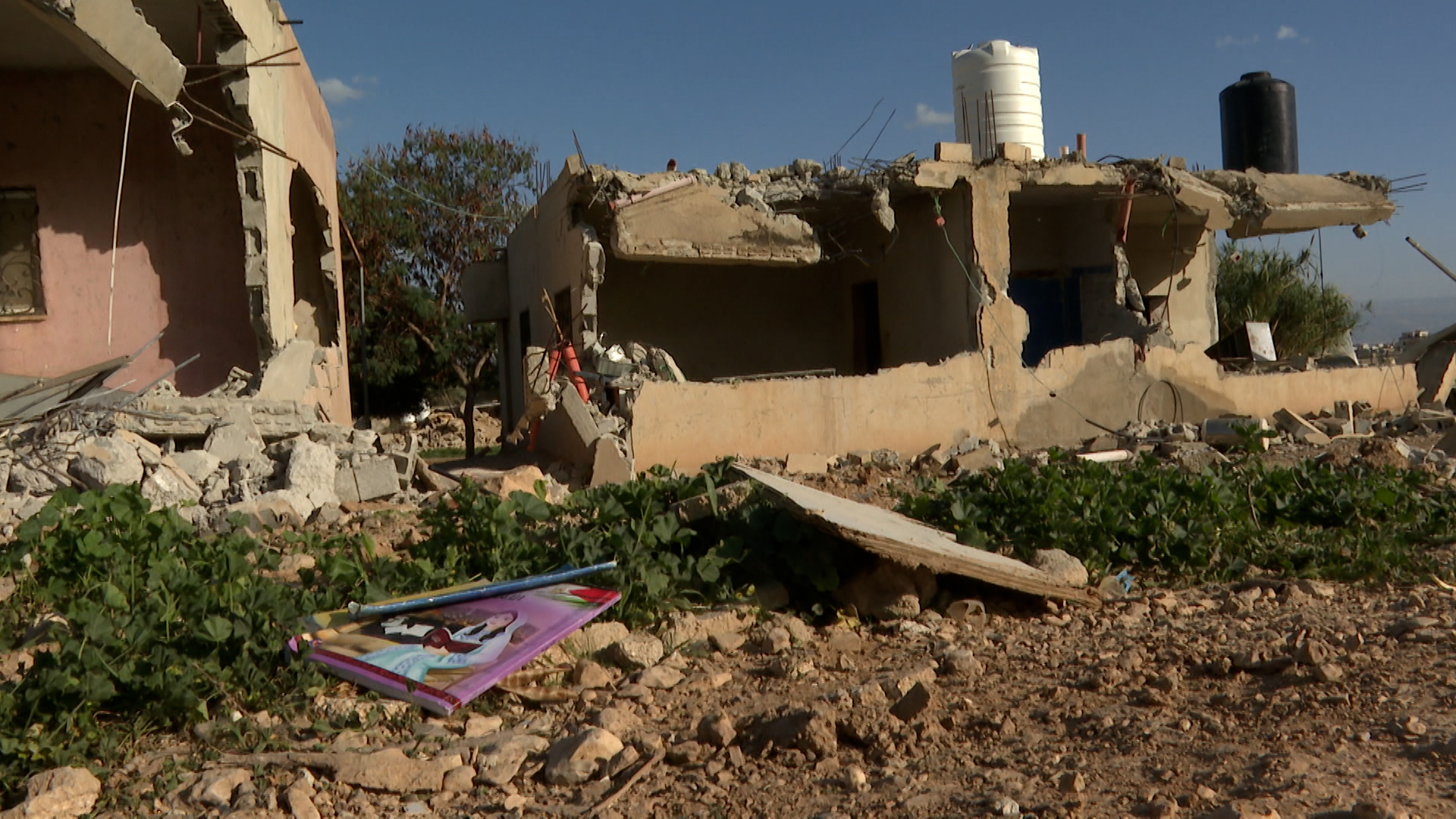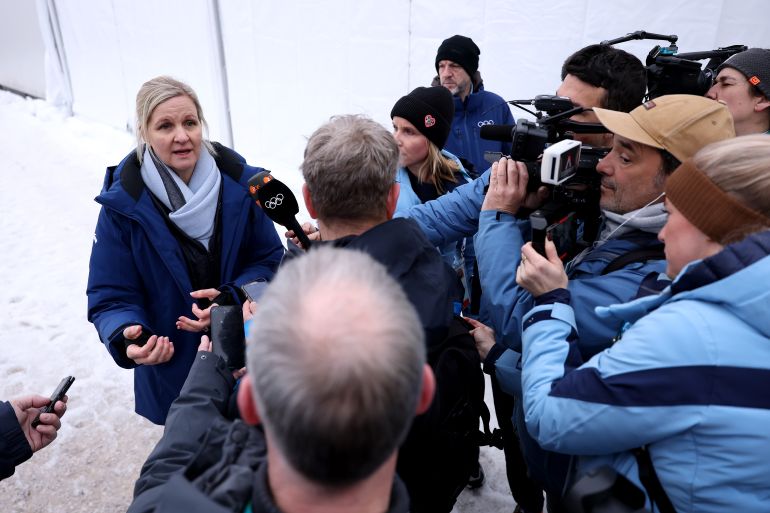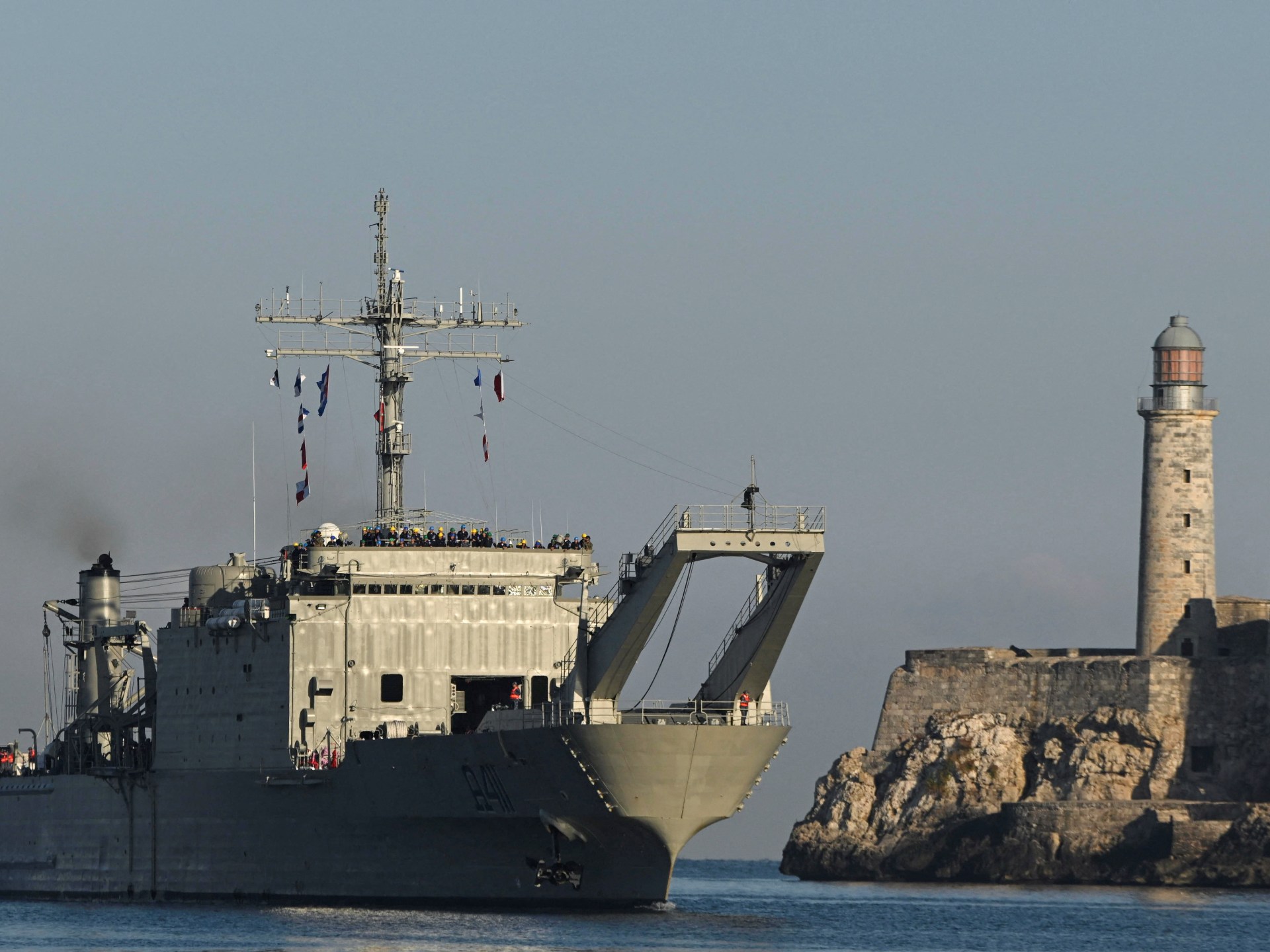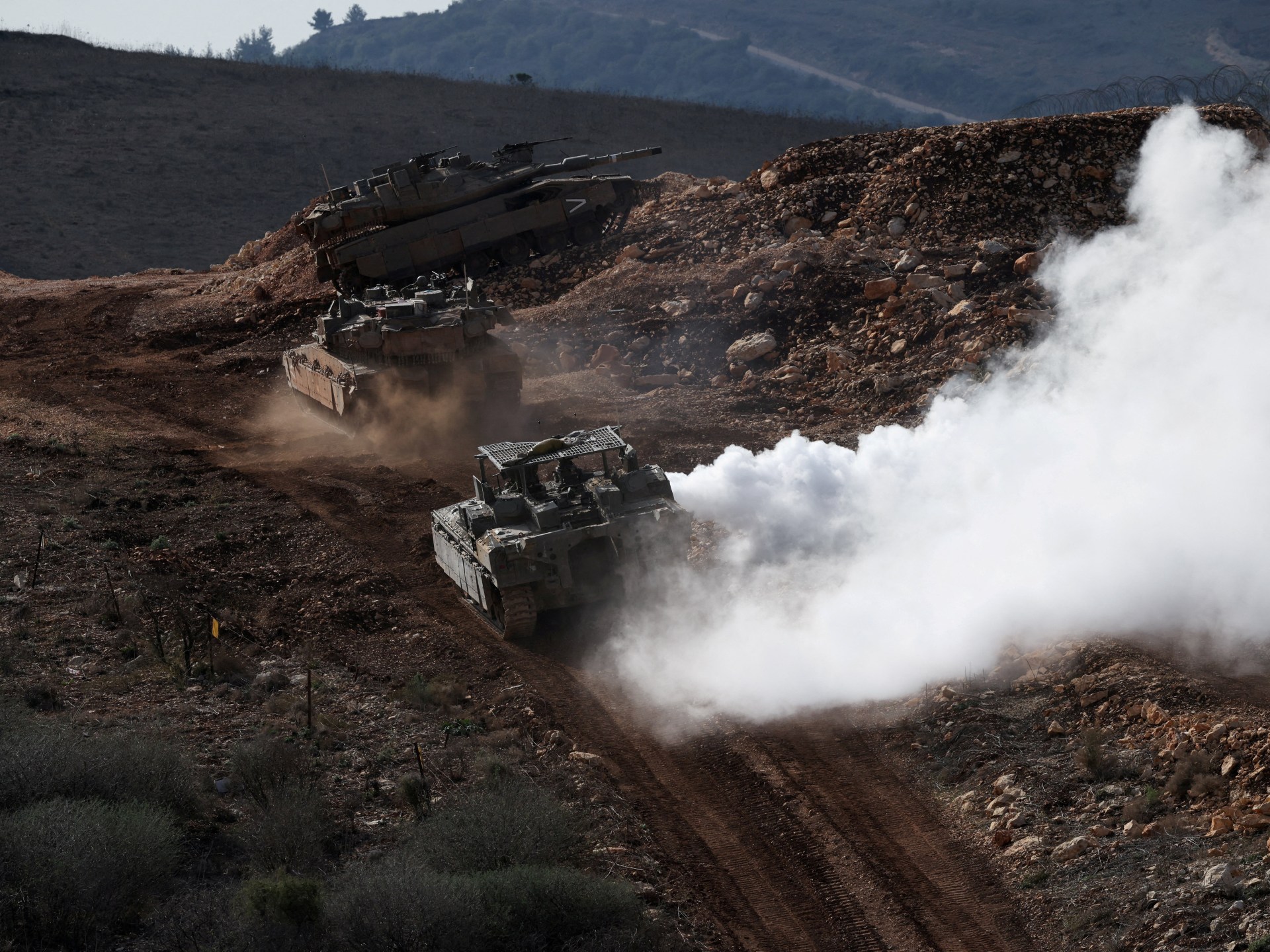Two Mexican ships bearing humanitarian aid have docked in the harbour of Cuba’s capital Havana, as the United States continues its efforts to cut the island off from outside fuel supplies.
On Thursday, pedestrians on Havana’s seawall watched as the ships, one of which was the Papaloapan, unloaded white pallets on shore.
Recommended Stories
list of 3 itemsend of list
Mexican President Claudia Sheinbaum addressed the delivery in her morning news conference, promising that more help was on the way.
“We are sending different forms of help, different forms of support,” Sheinbaum said. “Today, the ships arrive. When they return, we are going to send more support of a different type.”
She also described her country’s role as “opening the doors for dialogue to develop” between Cuba and the US, but she insisted that maintaining Cuba’s sovereignty would be paramount among her priorities.
A pressure campaign
Since January, the administration of US President Donald Trump has sought to cut off the oil supplies that power Cuba’s energy grid and other critical infrastructure.
The campaign is part of a long-running series of sanctions imposed by the US on the Caribbean island nation, stretching back to the Cold War.
But the latest effort, under Trump, has experts at the United Nations warning of an imminent humanitarian “collapse” in Cuba, as oil supplies dwindle.
The oil embargo began on January 3, when Trump authorised a US military operation to attack Venezuela and abduct its then-leader, President Nicolas Maduro, and his wife Cilia Flores.
Venezuela has long been a close ally of Cuba, not to mention a major oil supplier. But in the aftermath of Maduro’s abduction, Trump announced that much of the economic exchange between the two countries would cease.
“Cuba lived, for many years, on large amounts of OIL and MONEY from Venezuela. In return, Cuba provided ‘Security Services’ for the last two Venezuelan dictators, BUT NOT ANYMORE,” Trump wrote on January 11 on his Truth Social account.
“THERE WILL BE NO MORE OIL OR MONEY GOING TO CUBA – ZERO!”
He also indicated that he expected Cuba’s communist government to crumble in the wake of Maduro’s removal.
“Cuba is ready to fall,” he told reporters on board Air Force One on January 4. “Cuba now has no income. They got all of their income from Venezuela, from the Venezuelan oil. They’re not getting any of it.”
Trump has repeatedly pushed Cuba to “make a deal” to resolve the impasse, though it is unclear what such an agreement would include.
Threat of tariffs
But when weeks passed without a negotiated solution, the Trump administration upped the ante. On January 29, it declared the situation in Cuba a “national emergency” for the US.
It accused the government in Havana of being an “extraordinary threat” and supporting “hostile actors, terrorism, and regional instability that endanger American security and foreign policy”.
Paired with this emergency declaration was the announcement that the US would impose tariffs on countries that supply oil to Cuba, whether directly or indirectly.
That put Mexico on the defensive. Mexico, like Venezuela, was among the regional trading partners that supplied Cuba with oil.
But it is also one of the top trading partners for the US. As many as 80 percent of Mexico’s exports go to its northern neighbour, and the two countries are currently part of a regional free-trade agreement.
Sheinbaum has nevertheless criticised Trump’s oil blockade against Cuba, calling the situation “unfair”.
Cuba has long suffered from economic instability, which its government blames on the US sanctions regime. During the COVID-19 pandemic, the island saw shortages of basic supplies, including fuel, sparking one of the island’s largest exoduses in recent history.
Still, the new Trump-era restrictions on fuel exports to Cuba have brought the island to the brink of a new humanitarian crisis.
In early February, Stephane Dujarric, the spokesperson for UN Secretary-General Antonio Guterres, said the situation on the island had grown dire. Already, blackouts are a chronic problem.
“I can tell you that the secretary-general is extremely concerned about the humanitarian situation in Cuba, which will worsen, and if not collapse, if its oil needs go unmet,” Dujarric said.
The US has also announced this month it will supply $6m in humanitarian aid to Cuba, though it said it would avoid disbursing the funds through the Cuban government by going through the Catholic Church instead.
As the two Mexican ships unloaded their humanitarian cargo on Thursday, locals told international news agencies they were grateful for the show of support.
Ediberto Rodriguez, a 65-year-old Havana resident, told the news outlet Reuters that the delivery was an “unforgettable gesture” from an ally.






